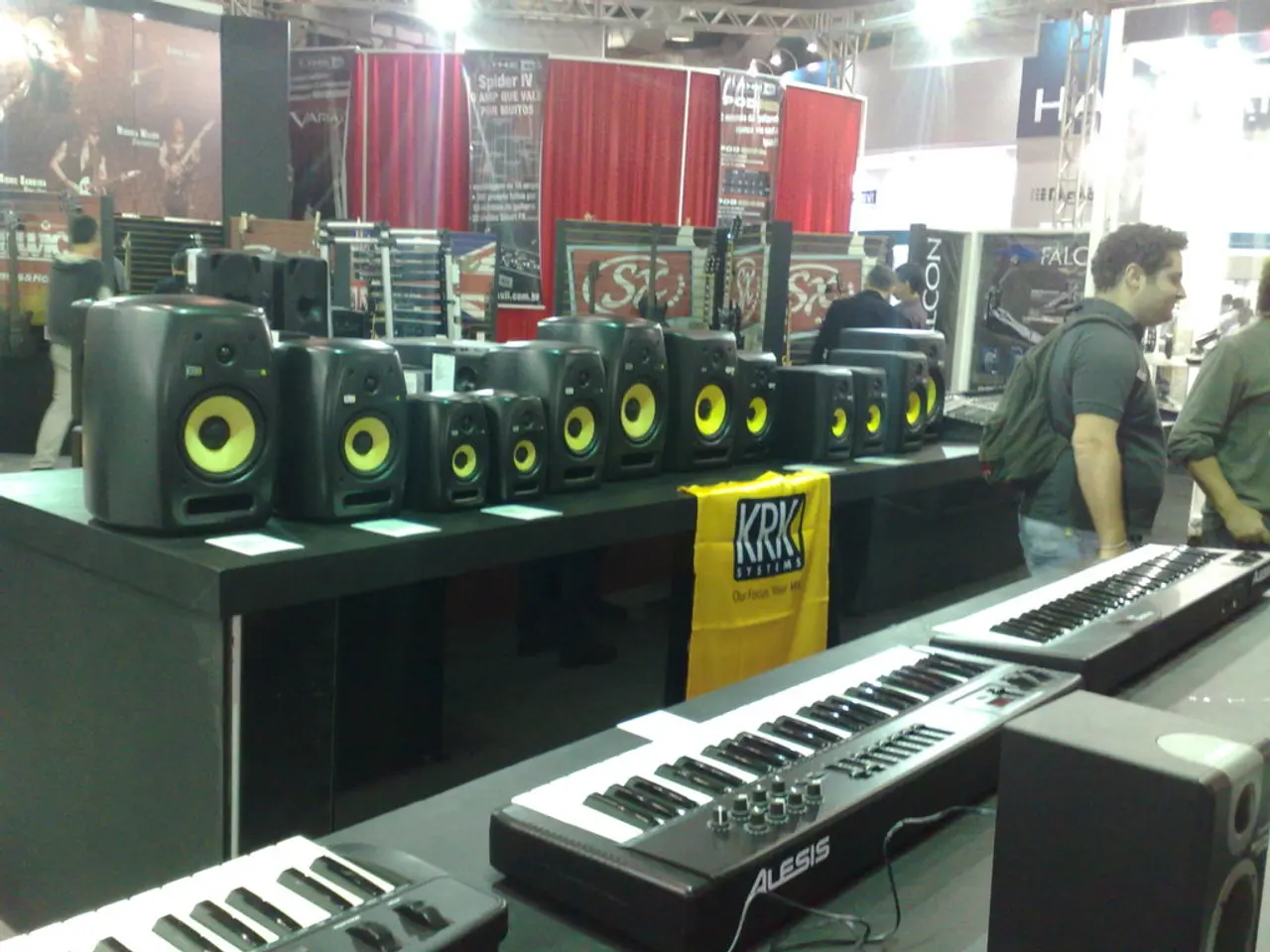Tesla, under Elon Musk's leadership, secures a massive $16.5 billion deal with Samsung for the supply of chips crucial for autonomous driving and artificial intelligence technology.
Tesla has announced a strategic partnership with Samsung Electronics, worth $16.5 billion, to produce advanced autonomous driving and AI chips. The deal, which spans multiple years, underscores the growing importance of semiconductors in the future of transportation.
The chips, to be manufactured using Samsung's 4nm process in both South Korea and Taylor, Texas, will serve as the brains of Tesla's in-vehicle Full Self-Driving (FSD) systems and will be used in back-end AI training systems. The agreement ensures a long-term supply of custom AI and FSD chips for Tesla, securing the company's leadership in autonomous driving technology and electric vehicles.
For Samsung, the deal is a step forward in its efforts to capture more of the high-performance compute market, particularly in sectors like automotive and data center AI. The agreement will drive the setup and utilization of Samsung's largest U.S. investment to date, the fab in Taylor, Texas, supporting Samsung’s bid to challenge market leader TSMC in the advanced chip manufacturing segment.
Tesla will also assist Samsung to maximize manufacturing efficiency at the Texas fab, indicating close collaboration to accelerate advances and ensure the fab meets Tesla’s demanding requirements. Elon Musk personally emphasized the importance of this proximity and partnership in accelerating progress.
The deal allows Tesla to diversify its chip production, helping to mitigate supply chain risks and increase production capacity amid rising chip demand for electric vehicles and autonomous features. Tesla already sources some chips from TSMC, but this deal with Samsung will make the latter a primary partner for Tesla's compute hardware.
The agreement reflects a broader trend in the automotive industry, where companies are designing, specifying, and securing custom silicon tailored to their future product lines. The deal represents a significant order for Samsung's foundry business, which is seeking to expand beyond the mobile and consumer electronics segments.
In conclusion, the strategic significance of this deal lies primarily in securing a dedicated, large-scale semiconductor supply for Tesla’s advanced Full Self-Driving (FSD) chips—specifically the upcoming AI6 chip—which is critical for Tesla’s leadership in autonomous driving technology and electric vehicles. This agreement benefits both companies amid growing semiconductor demand in the EV and AI spaces.
[1] Electrek (2022). Tesla and Samsung sign $16.5 billion deal for custom AI chips. [online] Available at: https://electrek.co/2022/03/15/tesla-and-samsung-sign-16-5-billion-deal-for-custom-ai-chips/
[2] Reuters (2022). Tesla to invest $3.6 billion in new Nevada battery factory. [online] Available at: https://www.reuters.com/business/autos-transportation/tesla-to-invest-3-6-billion-in-new-nevada-battery-factory-2021-12-13/
[3] Ars Technica (2022). Tesla and Samsung to build a $17 billion chip factory in Texas. [online] Available at: https://arstechnica.com/science/2022/03/tesla-and-samsung-to-build-a-17-billion-chip-factory-in-texas/
- This strategic partnership between Tesla and Samsung Electronics, worth $16.5 billion, signifies a significant move in the technology industry, as it expands semiconductor supply for Tesla's autonomous driving and AI chips, while also driving Samsung's bid to challenge market leader TSMC in advanced chip manufacturing.
- As part of the collaboration, Tesla will assist Samsung in optimizing manufacturing efficiency at the Texas fab, ensuring the fab meets Tesla's demanding requirements for in-vehicle Full Self-Driving systems and back-end AI training systems.
- The agreement also underlines a broader trend in the automotive industry, where companies are designing and securing custom silicon for their future product lines, with this deal serving as a significant order for Samsung's foundry business in expanding beyond the mobile and consumer electronics segments.



